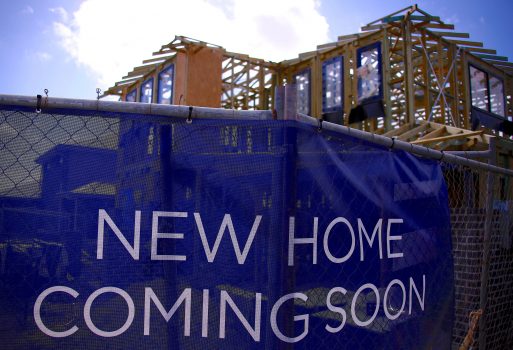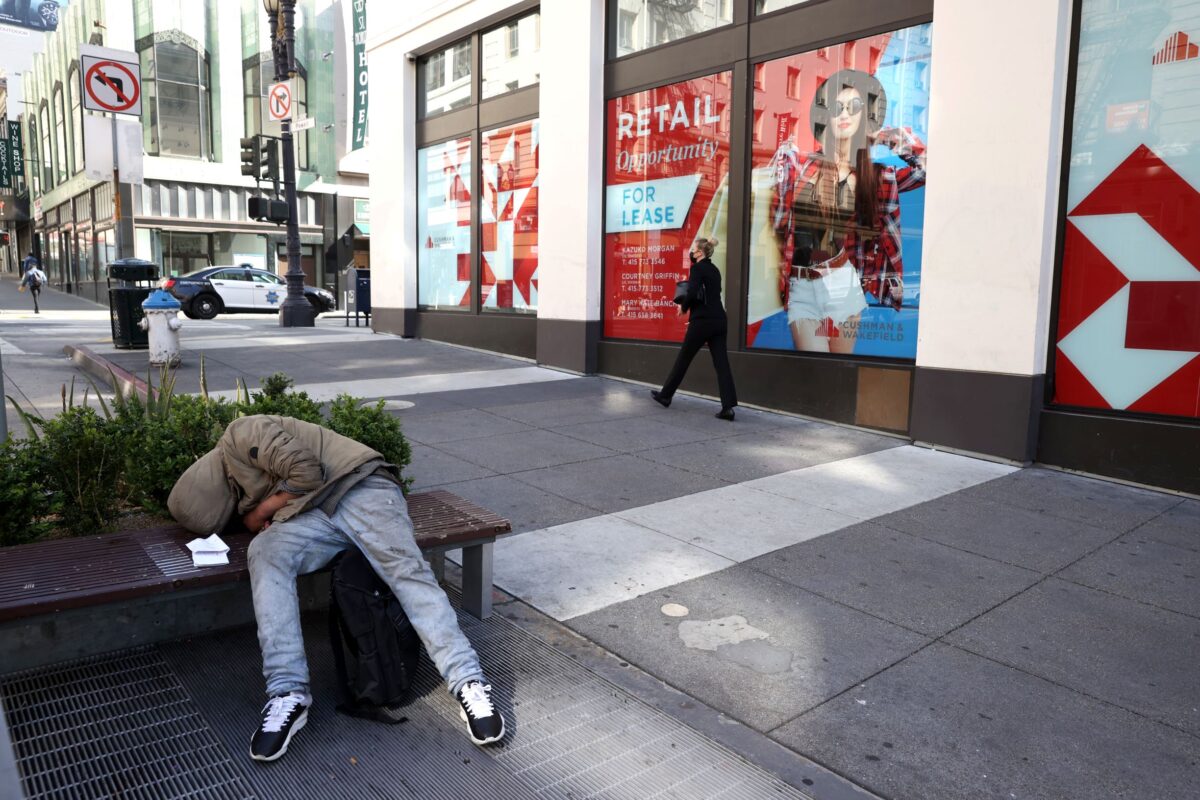The New South Wales (NSW) Housing Minister Rose Jackson has become the first Labor state minister to swat down the left-wing Greens’ campaign for Australia to adopt rent controls to deal with its housing crisis.
On June 27, federal Greens housing spokesperson, Max Chandler-Mather, reiterated his party’s position citing San Francisco as an example Australian authorities should follow.
“In San Francisco, a rent stabilisation board determines how much landlords are able to increase the rent. This year the limit is 3.6 percent. Rent caps are used around the world and are desperately needed in Oz,” he wrote on Twitter.
“Rent caps work for renters. They bring down rents,” he claimed. “And in combination with largescale investment in good quality public housing and infrastructure, you get places like Vienna, which the New York Times describes as a ‘renters utopia.’”
Yet San Francisco is currently dealing with a significant homelessness crisis with around 38,000 people sleeping it rough any given night in the Bay Area, according to consulting firm McKinsey and Company.

In response, Jackson, from the NSW Labor government, said she was focused on policies that “stop Sydney becoming more like San Francisco.”
“We’re not perfect, but we passed our first tranche of rental reform just last week. We’re about to appoint our Rental Commissioner. Please stop holding up our much-needed funding for social and affordable housing, demanding we do rental reform when that’s exactly what we are doing,” she wrote on Twitter.
Her response continues an ongoing stoush between Labor and the Greens, who have knuckled down in negotiations with the federal Labor government over the $10 billion Housing Affordability Future Fund supposed to help alleviate the country’s housing problems.
Prime Minister Anthony Albanese has accused Chandler-Mather of hypocrisy in his stance on housing.
“Do not come in here [to Parliament] and say you support housing when you will not support any in your own electorate [in Brisbane] and when you are opposing 30,000 new, additional, social, and audible housing units, including 4,000 designated for women and children escaping domestic violence,” the prime minister said in Parliament.

Rent Controls A Popular Idea, But Have A History of Failure
Meanwhile, the NSW Labor government has already ruled out direct government intervention in the market—like the rent controls rolled out by the Labor-Green Australian Capital Territory government—preferring to look at supply-side solutions.
“We believe that would have an impact on supply, and we need to get supply going. The vast majority of the rental market and new supply in the NSW marketplace has got to be provided by the private sector,” said NSW Premier Chris Minns.
Minns has declared that Sydney residents need to be prepared for higher-density living as a way to help deal with the housing affordability crisis.
Rent controls have received criticism for having long-term negative impacts on the housing market.
Jonathan Madison, a former policy staffer for the U.S. House of Representatives, Committee on Financial Services, said the state of California toyed with rent controls in the 1990s.
“Without an exemption for newly constructed buildings, construction companies had a disincentive to construct single and multi-family units for the increasing population,” he wrote in The Epoch Times. “The rent control limitations forced property owners to rent out their units at rates so low that many couldn’t afford to keep up with building code regulations and maintenance.”
“The end results were nothing short of disastrous: hundreds of neighbourhoods throughout our state left with dilapidated housing, a housing market that couldn’t keep up with the population’s demand, and an alarming increase in the homeless population.”
More recently, Irish authorities are now slowly back-tracking on years of government intervention—including rent controls—in the market, which has caused the near-collapse of rental supply.
Last August, only 716 properties were available for long-term rent, while the Irish Home Builders Association in March estimated that over 80,000 properties were withdrawn from the market in the last 10 years due to heavy taxes and regulations.
“People just think it’s probably easier to put their money somewhere else, either into the stock market, commercial property, or other asset classes,” Pete Wargent, co-founder of BuyersBuyers Australia, previously told The Epoch Times.

















































